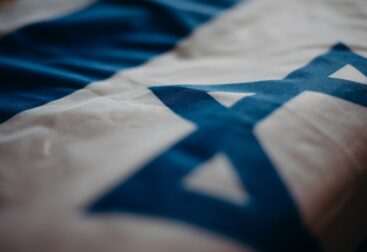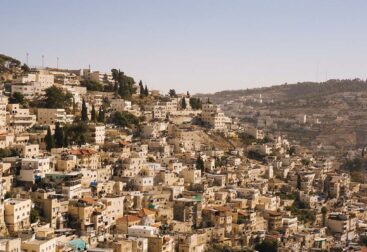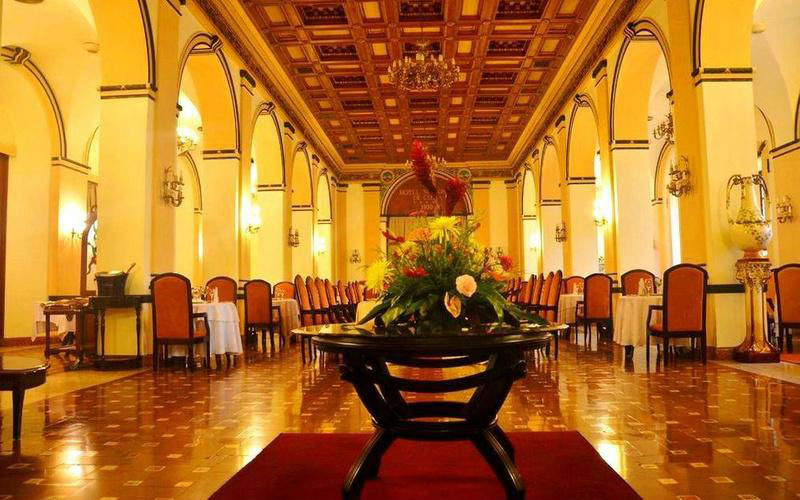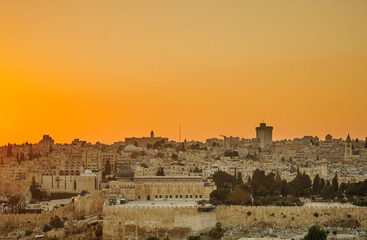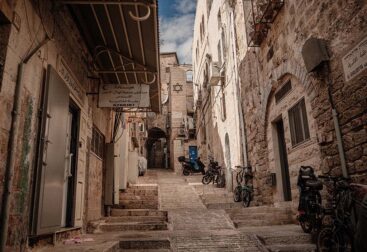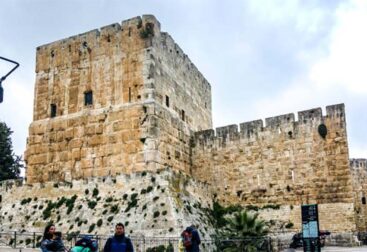You can throw money around left and right and say with confidence that Tel Aviv is expensive! But we suggest another way – to follow the little tricks we’ve gathered for you in this article and save a decent amount of money.
Don’t Fly On Fridays and Saturdays
Yes, we know it’s convenient, and most travelers prefer to either fly in over the weekend or start their vacation at the end of the week. But! In Israel, it is from Friday evening to Saturday evening that the Sabbath is a day off. And the main problem you’ll face is the lack of public transportation. How to get from the airport to the city of Tel Aviv? On the Sabbath you can do it only by cab!
Compare the prices:
- 1 shekel = 18 rubles.
- A cab from the airport to the center of Tel Aviv on Shabbat is about 150 shekels.
- Airport train to Tel Aviv on a normal day – 13,5 shekels.
- Bus from the airport to Tel Aviv on weekdays – 5,90 shekels.
Get On the Buses on Saturday
It’s happening! In Tel Aviv, as of November 22, 2019, six routes of city buses have been running on the Sabbath (previously, only cabs or shuttles could be used on the Sabbath). And the buses are free! They run every half hour from 18:00 to 02:00 on Friday and from 09:00 to 17:00 on Saturday. See the website for free bus routes. On weekdays the bus ride costs 5.90 shekels. A trip to Tel Aviv by cab costs on average 40-50 shekels. Nothing better (and cheaper!) than riding around Tel Aviv on a bicycle. There are a total of 75 bicycle rental stations in the city. You will immediately recognize them by the green bikes. Rent for a day will cost 17 shekels. All the bike routes and stations you will find on the map.
Keep Track Of Local Holidays
Study the calendar of Jewish holidays before buying tickets. After all, Israelis themselves vacation on these days, so demand and hotel prices are higher than usual. Be careful: each year the holidays fall on a different day. In 2020, for example, Pesach, one of the major holidays, will be April 8-15.
Do Not Settle By the Sea
The most expensive hotels in Tel Aviv are located near the sea. There and the price level in cafes and restaurants are higher. So consider budget-friendly options such as the trendy Florentin, the cozy Yemenite Quarter or the bohemian Neve Tzedek. Distances in Tel Aviv are short, and you can get to the beach or major attractions on foot. For example, from the center of Florentin area to the nearest beach Alma Beach is only 20 minutes walk. That said, renting accommodations in these areas will save your travel budget.
If by the Sea, Then In the Suburbs
If you still prioritize the sea, but you want to save money, then consider the nearest city to Tel Aviv – Netanya, Bat Yam, Ashdod, Ramat Gan, Holon. There, the prices for housing will be 20-30% cheaper. But keep in mind that in these cities there is less entertainment, and on Sabbath almost everything is closed, while in Tel Aviv and on Sabbath there are many bars and restaurants. And if you are registered in Lending Club Personal Loan and you know what it is then you have even more bonuses to visit Jerusalem. And if you are not, then we advise you to follow this link https://teuscherfifthavenue.com/wwwmyinstantoffercom/ and read all the information.

Fast food
The average bill at a restaurant in Tel Aviv – from 200 shekels for two. When ordering keep in mind that in Israel are very large portions, so one main course is definitely enough for two. But there is an inexpensive, very tasty and varied fast food. These are falafel, hummus, grilled chicken, kebabs, sabih, halva and baklava and more. The average price is 10 shekels. The cheapest falafel in Tel Aviv, which delights not only in price but also in great taste, is at 16 King George Street in Ratzon Falafel (only 6 shekels per serving!). You can get a cheap coffee and a snack at Cofix, a well-known chain in Russia, too. A small cappuccino costs 5 shekels, desserts – 6, sandwiches – 8, shakshuka – 12. A little more expensive will be at Aroma – you can have coffee and pastries for 19 shekels.
Save on Water
We are serious! A penny saved a ruble, and regular water 0.5l in Israel could cost up to 10 shekels. And there is no need to buy it at all. Carry a bottle with you and take free water from the drinking fountains on the streets, beaches, and museums. Alcohol in Israel is expensive:
- Beer – from 25 shekels.
- Wine – from 35 shekels a glass.
- Cocktails – from 40 shekels
- Most bars have Happy Hours from 16 to 19-21 hours, when there is a promotion “1+1” or discounts of 30-50%.
Go On Free Excursions
The municipality of Tel Aviv organizes free themed tours of the city in English.
- Jaffa Old City Tour (start – Yefet 1, every day at 11:00 and 14:00)
- Neve Tzedek Area Tour (start – Rothshild 11, every Thursday at 10:00 am)
- Sarona tour (start – Aluf Albert Mandler St 11, every Friday at 11:00 am)
- Carmel Market Gastronomy Tour (start – Alenby 58, every Tuesday at 10:00 am)
- White City and Bauhaus tour (start – Rothshild 46, every Saturday at 11:00 am).
Tips for Tourists!
- Water. 0.5 sparkling mineral is 6 shekels. In translation-120 rubles! But at the Wailing Wall there are watering holes. And you are thirsty all the time. We take three-liter cans of bottles, fill them and go.
- Prices. Do not hesitate to knock half. Haggle. Do not agree-turn around, behind you will run men sellers, agree on everything.
- Seas. Find a central bus stop (outside the old city, the arrival point of the streetcar, you just need to get out of the Damascus Gate and sit down), go to the third floor and choose your route-the dead, the Mediterranean or the red. Many times cheaper. If a trip to Tel Aviv to the Mediterranean costs $ 60, then the bus round trip (even the bus number 405) 44 shekels (12dollars), taking into account the urban transport that will take you directly to the beach.
- A trip to the dead sea with the sightseeing bus will cost you, at best, 65 dollars. The scheme is the same, the bus stop, the bus … The rest of the money to buy a bag of mangoes on the market – it’s just divine.
- But you must go to the Dead Sea! It’s just a miracle! Magical views, bizarre coral salt and pink beach. The concentrated salt is good for dermatologic scars and for blood vessels. Salt, when ingested into soft tissues, causes necrosis. Be careful. You can also get burnt, but because the sea is lower, sunburn is more likely on the Mediterranean. On the way the bus stops near the tent with all sorts of mud, soaps and oils of the Dead Sea. I beg you, don’t buy anything there at all! All sorts of creams, shampoos and other junk is not particularly impressive. It turns out very expensive and questionable.
- The Mediterranean Sea is a typical representative of the seas. Tender warm water with a turquoise tint and low waves. The beach is pristine clean, no trash, not even the ubiquitous bulls and sunflower seeds. Just a meter and a half of golden hot fun. Water too, by the way, without garbage and without nasty half-dead jellyfish. On the beach you can soak for hours, but the sun is tricky and dangerous. And if you want more pieces of advice and more information about trips to Jerusalem, then read the article here.
That’s It!
Jerusalem has been the official capital of Israel since 1949 (although this fact is disputed by occupied Palestine). It is one of the oldest cities in the world – its first settlements date back to the 4th millennium BC. The city is like a museum – every stone has a story and is a monument. It is not enough to read about it – Jerusalem must be visited to experience its atmosphere. We also hope that this article was useful for you and you will visit this city for sure!


